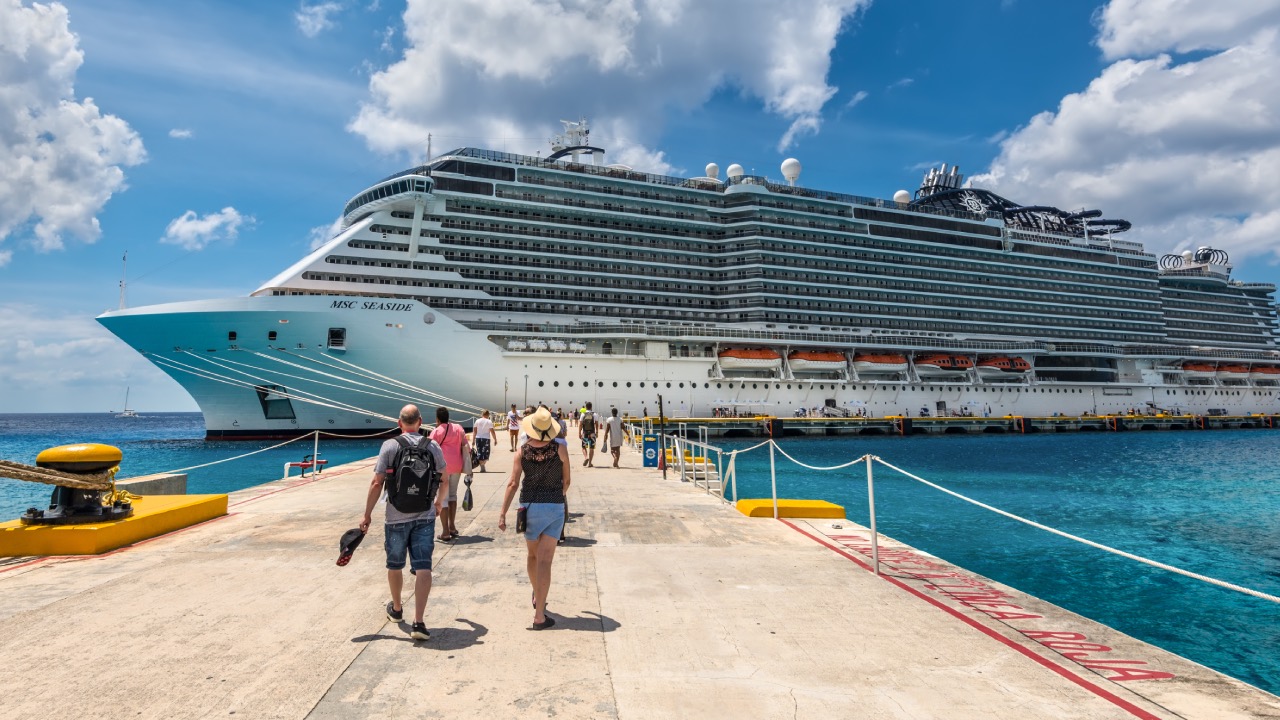The surprising reason you shouldn’t bring camouflage clothing on a cruise

Dress codes
If you’ve been on a cruise before, then you’re probably aware that dress codes are still a thing. In fact, clothing recommendations are quite common, as some of the best cruise lines have formal nights, dress-to-impress evenings and planned costume or themed cruise events. So rules about what you can and cannot wear aren’t abnormal.
As such, packing for a cruise is no easy feat: You’ll need formalwear for nights, pool wear for the day, outfits for excursions and layers for inclement weather. I’m an avid cruise-goer, and there are a number of items I never board a cruise ship without, but there’s also one thing I absolutely never pack for a cruise headed for the Philippines or the Caribbean: camouflage clothing.
Why is camouflage clothing inadvisable?
It actually has nothing to do with the formality of your wardrobe. Camouflage clothing happens to be illegal to wear in many countries that are popular cruise destinations. According to cruise liner Royal Caribbean, the Philippines, Antigua, Barbados, Grenada, Jamaica, St. Lucia and Trinidad and Tobago are among those that prohibit camouflage.
And while camouflage print clothing and accessories, as well as military-style clothing, aren’t technically banned onboard cruises, most cruise companies will simply ask you not to pack them to curb any potential issues at ports.
Why is camouflage clothing banned in these countries?
In most countries that prohibit camouflage, it’s because the disguising clothing is reserved for military personnel only. And it’s important to be respectful of this camouflage-free rule, which I learned while travelling to Nevis about seven years ago. My friend was stopped by hotel staff who advised her to change out of her camouflaged pants if she planned to leave the property. Not understanding the seemingly odd request without any context or explanation, we asked what would happen if she didn’t comply. Their response? She could get fined or arrested. As you can imagine, those cute camo pants were then stuffed into her suitcase for the remainder of our stay.
“It is a concern because of the affiliation with criminal gangs as well as armed forces,” says Lauren Doyle, a travel advisor and president of boutique travel agency The Travel Mechanic. She says that to avoid any confusion and help curb any potential issues in the future, cruise lines simply advise against bringing it onboard.
Doyle, who has booked many cruises for customers, says this information is usually found on a cruise line’s website (which is why it’s important to brush up on cruise tips prior to setting sail), and that many cruise lines will include it in their daily newsletter or app if you’re going to any country that prohibits it.
What to do if you accidentally pack camouflage clothing
If you’ve packed a camo hat, bathing suit, cargo pants or the camouflage backpack you carry, just leave it on the ship, even if you’re unsure of restrictions on what to wear in certain ports of call.
Generally, you can wear camo clothing while you’re onboard, just not during excursions or on land. So if you’ve packed it, go ahead and rock your camo print at the breakfast buffet or on the pool deck (as you ponder those big white balls on the cruise deck). And while you could probably technically wear your camo while chilling on your stateroom balcony, if it’s viewable to the country you’re visiting, it may still be considered disrespectful, so we don’t recommend it.
What else is prohibited on a cruise ship?
There are plenty of things you can’t do on a cruise, but what about things you shouldn’t bring to begin with? There are a few more surprising items Doyle recommends leaving at home. “Small appliances – like hot plates, steamers or irons – are also prohibited, along with electric blankets,” Doyle says. “Also, medical marijuana is not allowed on cruise ships. Drones are not allowed either.”
Each cruise line lists prohibited items on their website, along with some exceptions, so be sure to consult their information before you start packing.
Image credits: Shutterstock
This article originally appeared on Reader's Digest.
